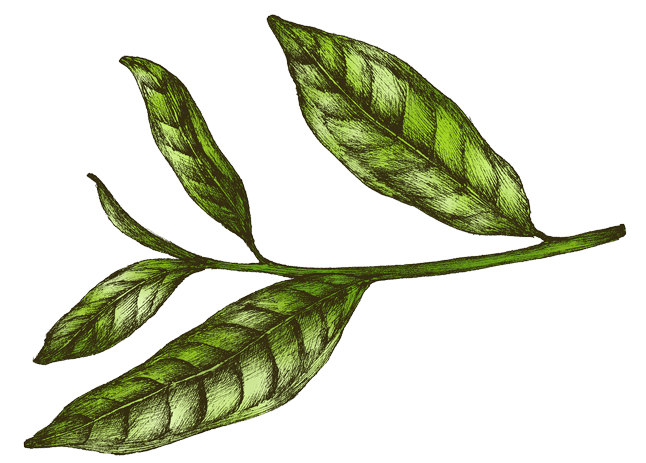Food is an essential part of our daily lives, providing nourishment and pleasure. But have you ever wondered about the history and evolution of the food we eat? From the earliest civilizations to the present day, food has played a crucial role in shaping human culture and society.
Early Beginnings
The story of food begins thousands of years ago, when early humans were hunter-gatherers. They relied on the natural resources around them, foraging for fruits, nuts, and edible plants. Over time, they learned to hunt animals for meat, leading to a more varied diet.
As civilizations developed, agriculture emerged as a revolutionary practice. People started cultivating crops and domesticating animals, allowing for a more stable and abundant food supply. This shift from a nomadic lifestyle to settled communities marked a significant turning point in human history.
The Influence of Ancient Civilizations
Ancient civilizations like the Egyptians, Greeks, and Romans made significant contributions to the culinary world. They introduced new ingredients, cooking techniques, and culinary traditions that continue to influence us today.
The Egyptians, for example, cultivated crops like wheat and barley and developed advanced baking techniques. They also had a deep appreciation for spices and herbs, using them not only for flavor but also for their medicinal properties.
The Greeks, known for their love of food and wine, introduced the concept of the symposium, a gathering where people would come together to enjoy food, drink, and intellectual discussions. They also embraced the idea of moderation and balance in their diet.
The Romans, famous for their lavish feasts, were pioneers in the art of cooking and dining. They developed intricate cooking methods and created elaborate dishes using a wide range of ingredients, including exotic spices and herbs.
The Age of Exploration and Global Cuisine
The Age of Exploration in the 15th and 16th centuries brought about a significant shift in the culinary world. Explorers like Christopher Columbus and Vasco da Gama discovered new lands and brought back exotic ingredients from around the world.
This era of exploration led to the globalization of food. New ingredients like potatoes, tomatoes, corn, and chili peppers were introduced to different parts of the world, forever changing the way we eat.
Colonialism also played a role in shaping global cuisine. European powers established colonies in various regions, bringing their culinary traditions and ingredients with them. This resulted in the fusion of different cuisines and the birth of new culinary traditions.
Modern Cuisine and Food Technology
In the modern era, food has become more than just sustenance. It has become a form of art, a means of expression, and a reflection of our cultural diversity.
Advancements in technology have revolutionized the way we produce, prepare, and consume food. Industrialization and the development of refrigeration and transportation systems have made it possible to have a wide variety of foods available year-round.
Today, we have access to cuisines from all over the world, thanks to globalization and the ease of travel. Fusion cuisine has become popular, blending different culinary traditions to create unique and exciting flavors.
Furthermore, there has been a growing emphasis on sustainable and ethical food practices. Farm-to-table movements, organic farming, and the promotion of local and seasonal produce have gained traction, highlighting the importance of responsible food production.
Conclusion
The history and evolution of food are a testament to the ingenuity and creativity of human beings. From humble beginnings as hunter-gatherers to the sophisticated cuisine of today, food has evolved alongside us, shaping our culture, traditions, and taste buds.
As we continue to explore new flavors and culinary techniques, it’s important to appreciate the rich history behind the food we enjoy and to embrace the diverse and ever-evolving world of cuisine.
